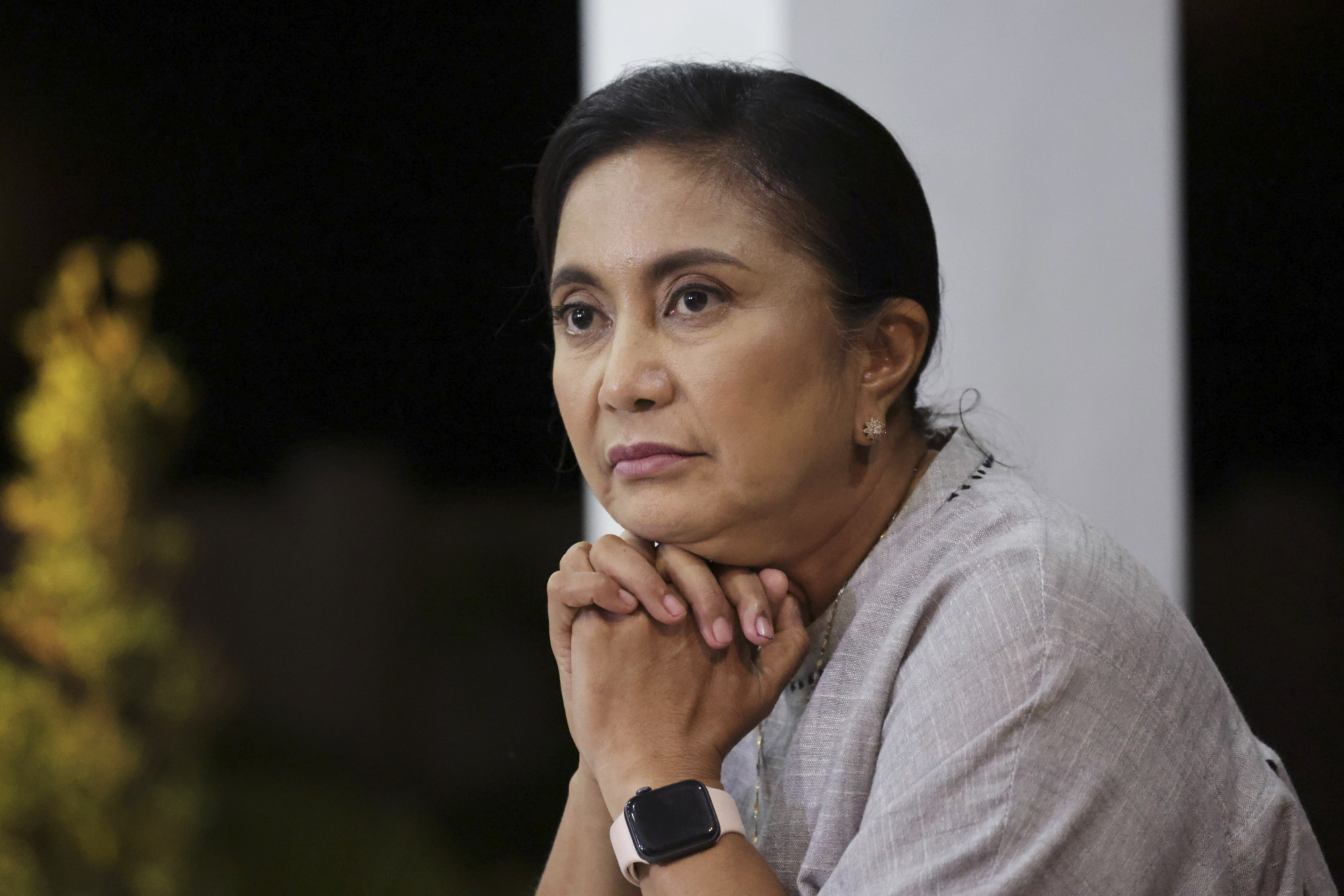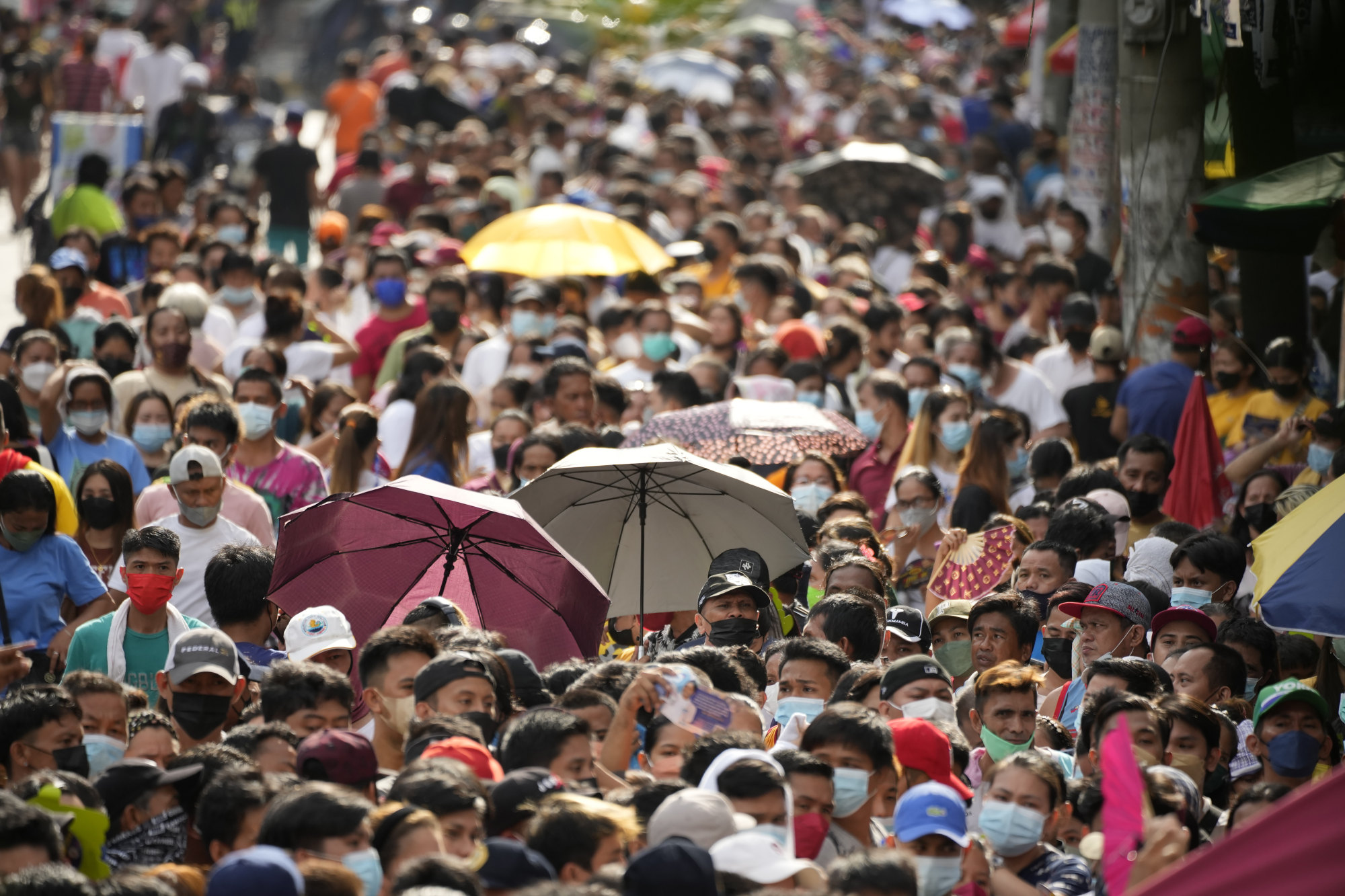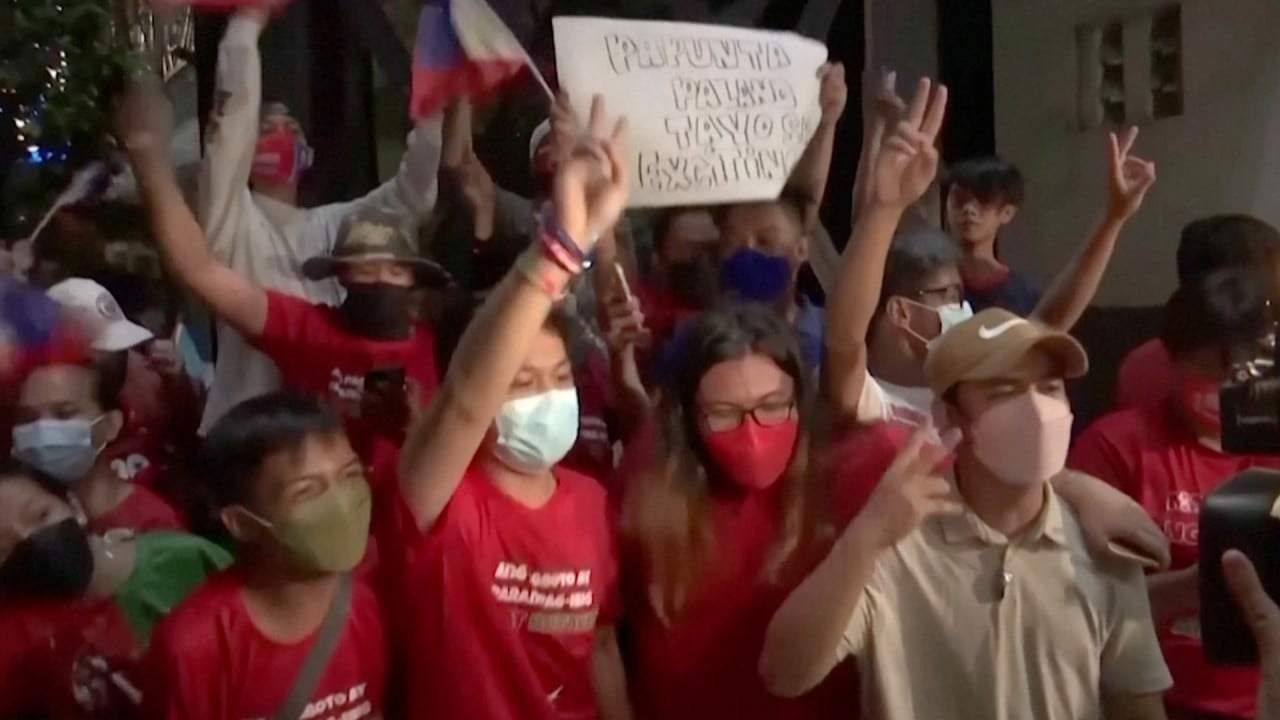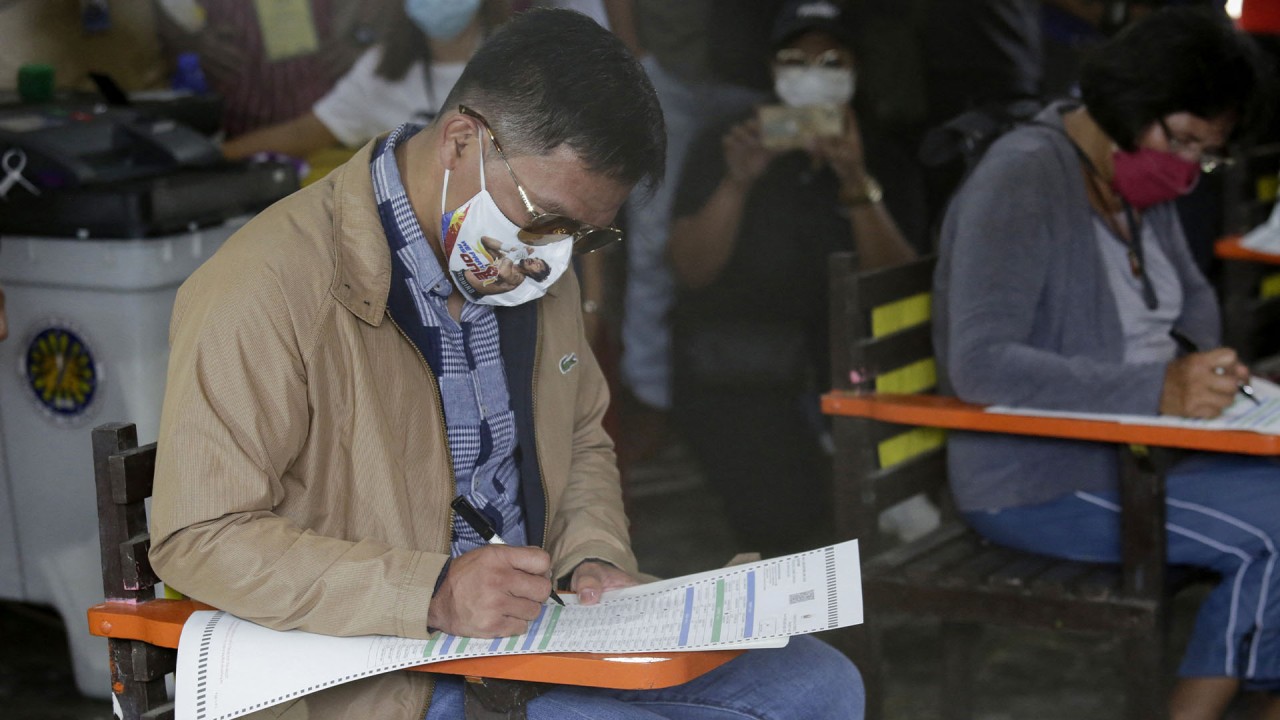
Philippine election: Bongbong Marcos sweeps to landslide victory, in reversal of family’s fortunes
- An unofficial tally showed Marcos Jnr with 29.9 million votes, double that of rival Leni Robredo, with 93.8 per cent of the eligible ballots counted
- The triumph by the son of dictator Ferdinand Marcos shows how the family has benefited from recent efforts to remake their image
“I hope you won’t get tired of trusting us,” Marcos Jnr told supporters in remarks streamed on Facebook, one of the digital platforms at the core of his political strategy. “We have plenty of things to do,” he said, adding “an endeavour as large as this does not involve one person”.
The senior Marcos was ousted by a “people power” revolution in 1986 following two decades during which he was accused of egregious human rights abuses and the plundering of more than US$10 billion.

Robredo on Tuesday urged supporters to “listen” to the voice of the people. The 57-year-old human rights lawyer and economist said she knew many of her supporters were dismayed and could not accept the numbers coming out of the unofficial account.
“I know we love the country, but this love cannot be the root of discord any more,” she added. “While some votes have not yet been counted and there are still questions in this election that need to be addressed, the voice of the people is getting clearer.”
“For the sake of the Philippines that I know you love very much, we need to listen to this voice because in the end, we only share one nation,” she said.

In the neighbouring province of Lanao del Sur, the towns of Binidayan and Malabang recorded a total of four poll-related deaths. These were among a number of incidents reported on Monday. Violence during Philippine elections is usually related to fierce rivalry among local political clans and their followers.
‘We may all migrate’: why some Philippine executives could leave after election
Comelec was criticised on social media and from independent monitors on Monday night, following the reports of vote-counting machine malfunctions. The agency was slammed for refusing to extend the voting hours in places that still had queues of voters after polling stations had closed.
Poll watchdog group KontraDaya (Against Cheating) said it “condemned” the electoral fraud in the biggest vote rich region, the Southern Tagalog, which has nine million registered voters.
“During the voting period, the Southern Tagalog region monitored multiple cases of electoral anomalies; VCM errors, failed BEI Procedures, inaccurate voters’ lists, the slow voting process, election violence, vote-buying, and other cases of electoral fraud,” KontraDaya said.
What challenges will next Philippine leader face in militant hotbed of Mindanao?
The National Citizens Movement for Free Elections issued a separate statement of concern, saying it had received numerous reports of its volunteers and the public being barred from entering voting centres to observe the closing of voting, and from taking pictures of election return documents.
The group also said its volunteers were not givens copies of the election returns even though it is accredited by Comelec.
Comelec Commissioner George Garcia told local reporters that “the problems reported to the media are isolated cases” and “will not affect the integrity of our elections”. He blamed the glitches on old equipment.
US or China? What Marcos and Robredo want for Philippines’ foreign policy
Duterte, known for his stridently anti-West views, had repeatedly suggested he favoured strengthening ties with Beijing despite the countries’ differences over the sea dispute.
Additional reporting by Reuters, dpa and Agence France-Presse



